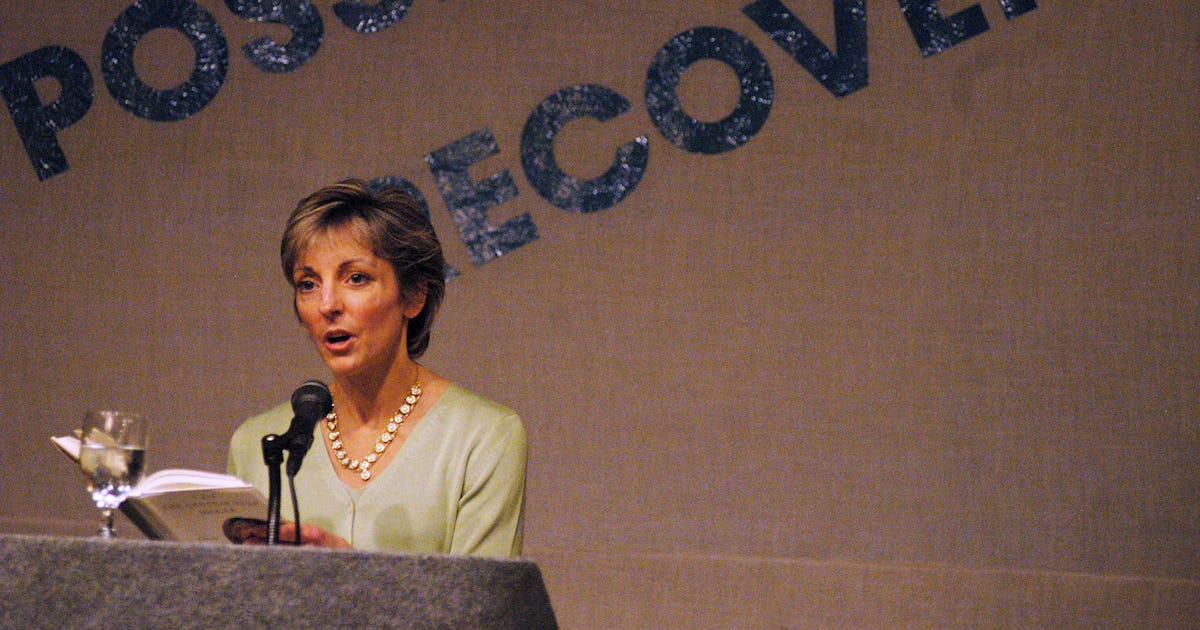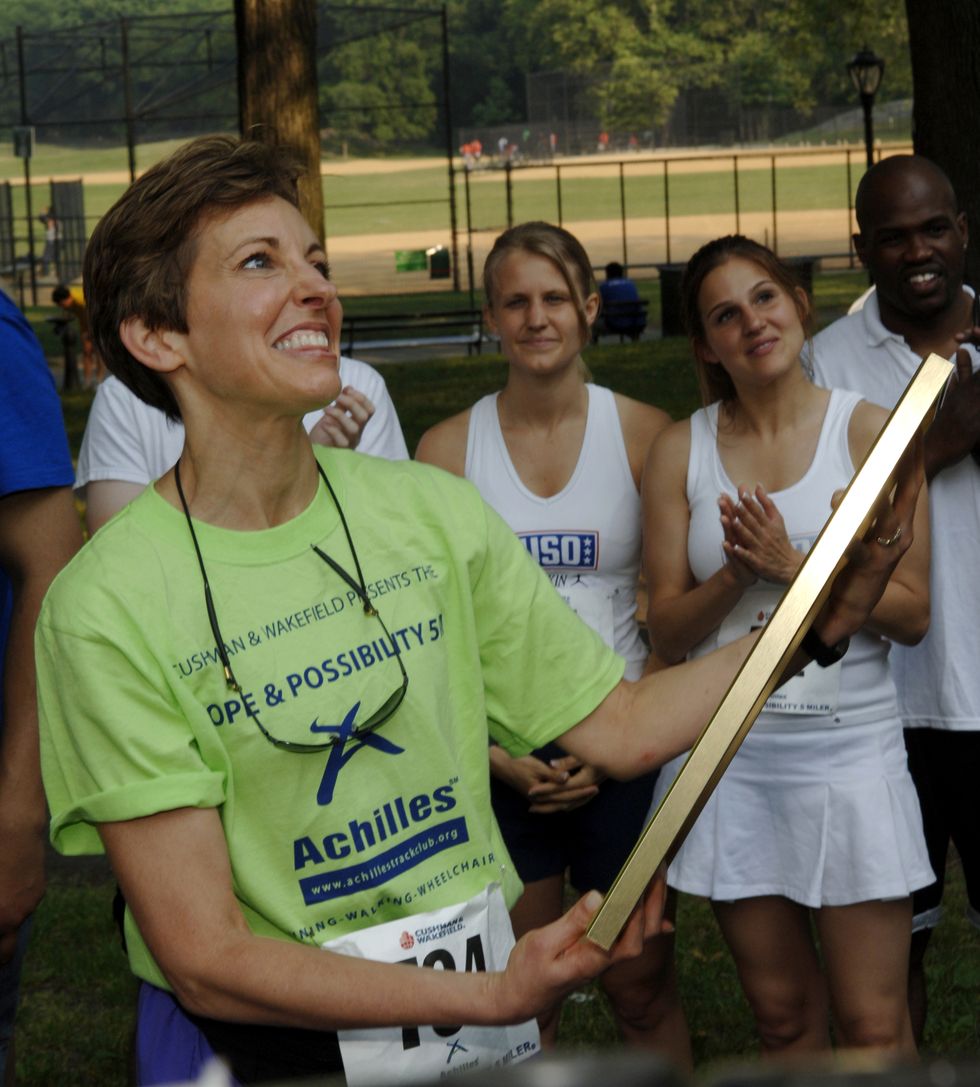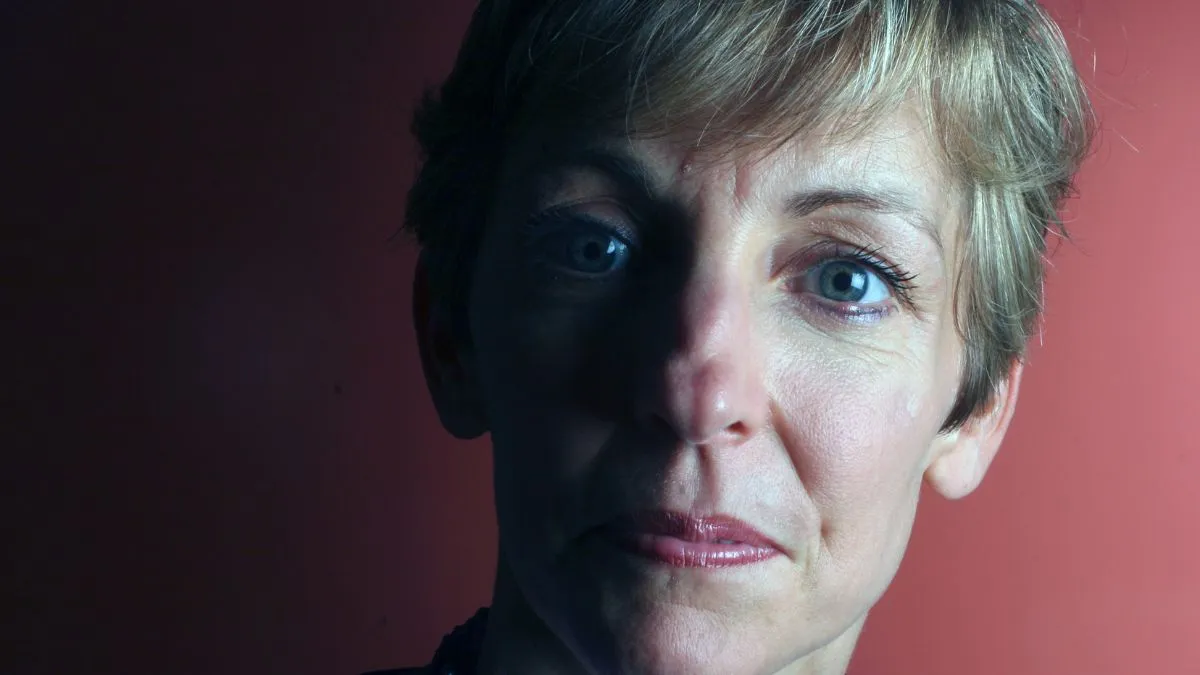Trisha Meili Apology To Central Park Five: A Journey Of Redemption And Justice
It’s been over three decades since the infamous Central Park Jogger case shook New York City, and the world. Trisha Meili, the victim at the center of this harrowing story, recently made headlines again with an emotional apology to the Central Park Five. This case wasn’t just about a crime—it was about systemic injustice, racial bias, and the power of truth. So, let’s dive into this story, because it’s more than just an apology. It’s about healing, accountability, and the long road to justice.
Imagine this: you’re running through Central Park on a peaceful evening, minding your own business, and in a blink of an eye, your life changes forever. That’s what happened to Trisha Meili back in 1989. But here’s the twist—justice didn’t look the way it should have. Five young Black and Latino men were wrongfully convicted, and their lives were shattered. Fast forward to today, and we’re witnessing a monumental moment as Meili steps forward to say, “I’m sorry.”
This story is about more than just one person’s apology. It’s about the systemic flaws in our justice system, the power of forgiveness, and the importance of accountability. The Central Park Five case is a stark reminder of how far we’ve come, but also how much work still needs to be done. So, buckle up, because we’re about to explore the ins and outs of this pivotal moment in history.
Read also:Frank Bruni Husband The Untold Story Behind The Man Behind The Man
Understanding the Central Park Jogger Case
Let’s rewind to April 19, 1989, when Trisha Meili, a 28-year-old investment banker, was brutally assaulted while jogging in Central Park. The attack left her in a coma for 12 days, and she suffered severe injuries. The case quickly became a media sensation, with headlines screaming about a “wilding” group of teenagers allegedly responsible for the attack. Five young men—Antron McCray, Kevin Richardson, Yusef Salaam, Raymond Santana, and Korey Wise—were arrested and eventually convicted, despite a lack of physical evidence linking them to the crime.
Here’s the kicker: these guys were teenagers. They were coerced into giving false confessions, and their lives were ruined. But here’s the twist—DNA evidence later proved they were innocent. In 2002, Matias Reyes, a serial rapist and murderer, confessed to the crime, and the convictions were overturned. So, yeah, this case was a mess from the start. And now, Trisha Meili is finally stepping up to acknowledge the harm caused by the wrongful convictions.
Trisha Meili's Role in the Case
Now, let’s talk about Trisha Meili. Back in 1989, she was the face of the victim in this case, and rightly so. Her attack was brutal, and she endured unimaginable trauma. But here’s the thing—she wasn’t involved in the investigation or the wrongful convictions. She was in a coma, and her memory of the attack was wiped clean. However, her name became synonymous with the case, and her silence over the years was seen by some as complicity in the injustice.
In 2023, Meili broke her silence with an emotional apology to the Central Park Five. She acknowledged the harm caused by the wrongful convictions and expressed her regret for not speaking up sooner. This apology is significant because it shows that even victims can play a role in holding the justice system accountable. It’s not just about the perpetrators—it’s about the system that failed everyone involved.
Why Did Trisha Meili Apologize Now?
You might be wondering, why now? Why did it take over three decades for Trisha Meili to apologize? Well, life is complicated, and healing takes time. Meili has spent years rebuilding her life after the attack. She wrote a book about her experience, titled “I Am the Central Park Jogger: A Story of Hope and Possibility,” and has been an advocate for survivors of trauma. But here’s the thing—she’s also been on a journey of self-reflection and accountability.
In her apology, Meili explained that she wanted to acknowledge the harm caused by the wrongful convictions and express her solidarity with the Central Park Five. She said, “I recognize the pain and suffering that was inflicted upon these young men, and I am deeply sorry for my silence.” This apology isn’t just about saying sorry—it’s about taking responsibility for the role she played, even if it was unintentional.
Read also:Overflow New Season A Deep Dive Into The Hottest Trend Of The Year
Key Reasons for the Apology
- Recognition of systemic injustice
- Desire to promote healing and reconciliation
- Acknowledgment of the harm caused by wrongful convictions
- Personal growth and reflection
Meili’s apology isn’t just a formality—it’s a step toward healing for everyone involved. And that’s what makes it so powerful.
The Impact of the Central Park Five Case
The Central Park Five case is one of the most infamous examples of wrongful convictions in American history. It exposed the flaws in our justice system, particularly when it comes to racial bias and coerced confessions. The five young men spent years in prison for a crime they didn’t commit, and their lives were forever changed. But here’s the thing—this case wasn’t just about them. It was about all of us. It was about the systemic injustices that plague our society and the need for accountability and reform.
When the convictions were overturned in 2002, the Central Park Five sued the city of New York for wrongful imprisonment. In 2014, they reached a settlement of $41 million, but the damage had already been done. The case became a rallying cry for criminal justice reform and inspired documentaries, books, and even a Netflix series, “When They See Us,” directed by Ava DuVernay.
Statistics on Wrongful Convictions
- According to the National Registry of Exonerations, over 2,800 wrongful convictions have been recorded in the U.S. since 1989.
- Racial bias plays a significant role in wrongful convictions, with Black and Latino defendants disproportionately affected.
- Coerced confessions are a leading cause of wrongful convictions, particularly in cases involving young defendants.
These statistics are a sobering reminder of how far we still have to go in terms of criminal justice reform. And that’s why Trisha Meili’s apology is so important—it’s a call to action for all of us to do better.
Lessons from the Central Park Jogger Case
So, what can we learn from the Central Park Jogger case? First and foremost, we need to acknowledge the flaws in our justice system and work to address them. This case is a stark reminder of how racial bias, coerced confessions, and media sensationalism can lead to wrongful convictions. But it’s also a story of resilience, forgiveness, and the power of truth.
Here are some key takeaways:
- Systemic injustice affects us all, and we need to work together to create a fairer and more just society.
- Victims can play a role in holding the justice system accountable, even if they weren’t directly involved in the investigation.
- Forgiveness and accountability are essential for healing and reconciliation.
Trisha Meili’s apology is a powerful example of how individuals can take responsibility for their role in systemic injustices, even if it’s years later. And that’s something we can all learn from.
How the Central Park Five Moved On
Let’s talk about the Central Park Five and how they’ve moved on from this harrowing experience. After being exonerated, they became advocates for criminal justice reform and shared their story with the world. Here’s a quick rundown of where they are today:
- Antron McCray: A father and advocate for criminal justice reform.
- Kevin Richardson: A youth counselor and community activist.
- Yusef Salaam: A motivational speaker and entrepreneur.
- Raymond Santana: A fashion designer and activist.
- Korey Wise: A motivational speaker and advocate for prison reform.
These men have turned their trauma into a force for good, and their resilience is truly inspiring. But here’s the thing—they didn’t have to do it alone. Trisha Meili’s apology is a step toward healing, but it’s up to all of us to continue the fight for justice.
The Importance of Support
Supporting survivors of trauma and wrongful convictions is crucial for healing and reconciliation. Whether it’s through advocacy, education, or simply listening, we all have a role to play in creating a more just society. And that’s what makes Trisha Meili’s apology so powerful—it’s a call to action for all of us to do better.
The Role of Media in the Central Park Jogger Case
The media played a significant role in shaping public perception of the Central Park Jogger case. Headlines like “Wilding in the Park” and “Teen Thugs Attack Jogger” created a narrative of racialized violence that influenced the investigation and trial. But here’s the thing—media coverage can be a double-edged sword. While it can bring attention to important issues, it can also perpetuate harmful stereotypes and biases.
In recent years, the media has played a role in correcting the narrative around the Central Park Five case. Documentaries like “The Central Park Five” and “When They See Us” have shed light on the systemic injustices that led to the wrongful convictions. And now, Trisha Meili’s apology is another step toward telling the truth about what really happened.
How Media Can Do Better
Here are some ways the media can improve its coverage of cases like the Central Park Jogger:
- Avoid sensationalized headlines that perpetuate harmful stereotypes.
- Provide context and background information to help the public understand the complexities of the case.
- Amplify the voices of those directly affected by the case, including survivors and wrongfully convicted individuals.
By doing these things, the media can help create a more informed and just society. And that’s something we can all get behind.
The Future of Criminal Justice Reform
So, where do we go from here? The Central Park Jogger case is a powerful reminder of the need for criminal justice reform. Here are some key areas where we can make a difference:
- Addressing racial bias in the justice system.
- Reforming police practices to prevent coerced confessions.
- Providing support and resources for wrongfully convicted individuals.
Trisha Meili’s apology is a step in the right direction, but it’s up to all of us to continue the fight for justice. Whether it’s through advocacy, education, or simply listening, we all have a role to play in creating a fairer and more just society.
Call to Action
So, here’s what you can do:
- Learn more about the Central Park Five case and its impact on criminal justice reform.
- Support organizations working to address wrongful convictions and systemic injustices.
- Use your voice to advocate for change and hold the justice system accountable.
Together, we can create a world where justice isn’t just a word—it’s a reality for everyone.
Conclusion: A Journey Toward Justice
In conclusion, Trisha Meili’s apology to the Central Park Five is a powerful moment in the ongoing fight for justice. It’s a reminder of the systemic flaws in our justice system and the importance of accountability and forgiveness. The Central Park Five case is more than just a story—it’s a call to action for all of us to do better.
So, what’s next? It’s up to all of us to continue the fight for criminal justice reform and create a fairer and more just society. Whether it’s through advocacy, education, or simply listening, we all have a role to play. And that’s something we can all get behind.
Final Thoughts
Trisha Meili’s apology is a step toward healing, but it’s just the beginning. The Central Park Five case is a stark reminder of the work that still needs to be done. So, let’s take this moment to reflect, learn, and act. Because justice isn’t just a word—it’s a promise we make to each other.
And with that, I’ll leave you with a question: What will you do to create a more just and equitable world? The ball’s in your court.
Table of Contents
- Trisha Meili Apology to Central Park Five: A Journey of Redemption and Justice
- Understanding the Central Park Jogger Case
- Trisha Meili's Role in the Case



